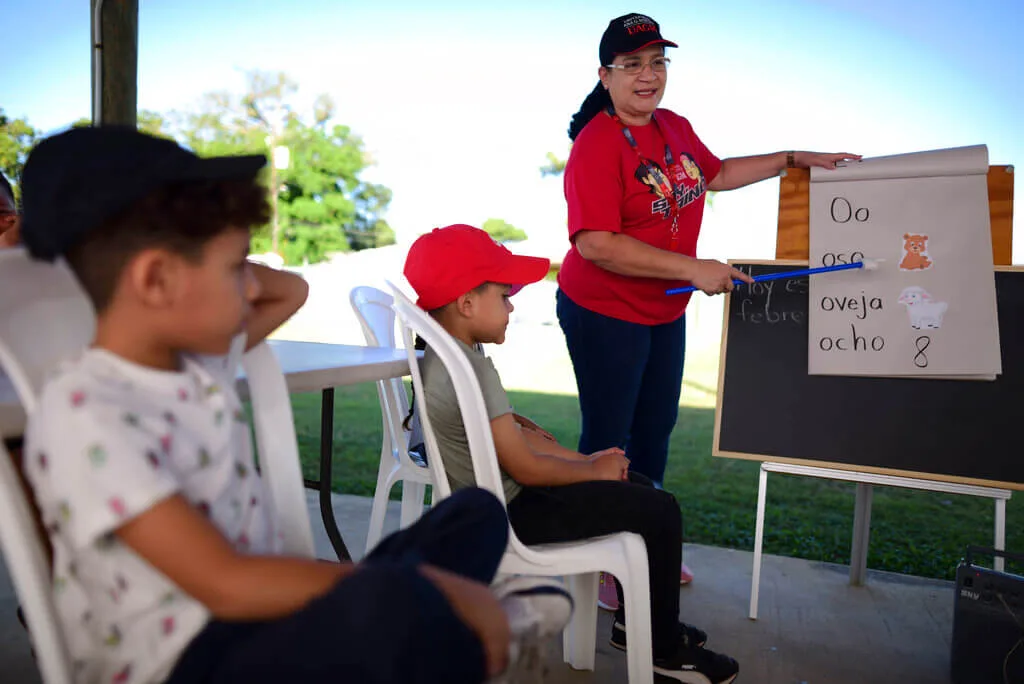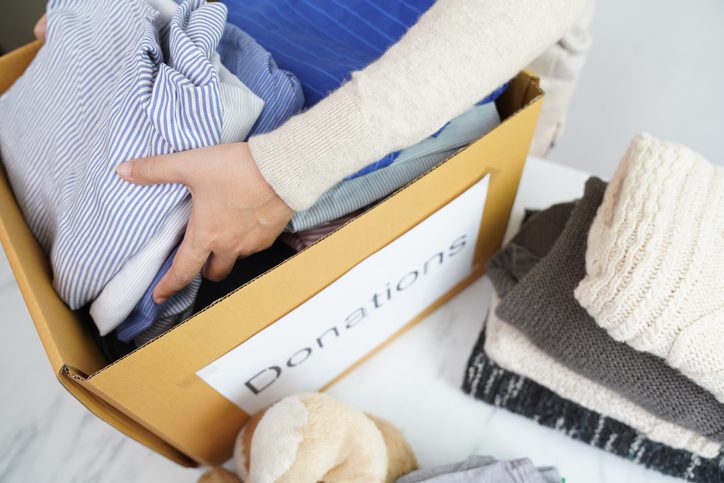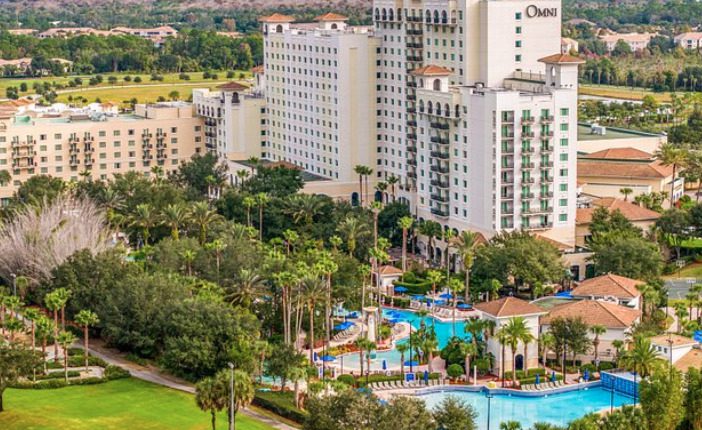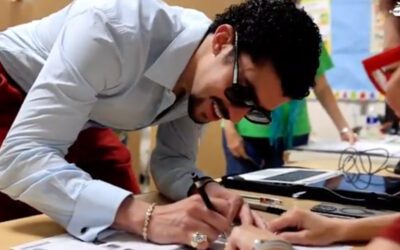
Image via AP Photo/Carlos Giusti
Schools are not ready to open because of the high COVID-19 positivity rate and the over 100 school buildings in disrepair after last year’s earthquakes.
SAN JUAN, Puerto Rico—The island’s new governor, Pedro Pierluisi, said Monday during his first news conference that in-person classes could begin as soon as March.
Pierluisi said the local Health Department and the Department of Education will work on a plan for reopening schools that will be a hybrid between in-person and virtual classes.
“Schools are going to open, and classes will be held in a responsible way—gradually and partially—as soon as we have teachers and non-teaching personnel who work in schools duly vaccinated,” Pierluisi said. “As soon as we have schools in a position to receive students with all protective measures in place.”
RELATED: These Are the First Six Executive Orders Signed by Puerto Rico’s New Governor
Mercedes Martínez Padilla, president of the Puerto Rico Teachers Federation (FMPR by its Spanish initials) thinks it is too soon to consider schools reopening.
On Tuesday, the new secretary of the Department of Education, Elba Aponte, shared on Twitter she met with Puerto Rico National Guard Maj. Gen. José J. Reyes to discuss the plan for teachers’ vaccination.
Reyes told El Nuevo Día the National Guard’s goal is to support the government during the pandemic emergency and open seven vaccination centers on Jan. 18. Second doses of the vaccine will be in before Feb. 28.
“For us, the reopening is very premature,” Martínez told The Americano. “Teachers have to get vaccinated and develop immunity. Students cannot be vaccinated yet, so there will be parents who might decide not to send their children.”
The president of the FMPR also considers the island’s positivity rate to be too high to expose the academic community. She said the Centers for Disease Control and Prevention (CDC) guidelines establish that to lower the risk of transmission in schools, the positivity rate must be less than 5%.
Aside from the pandemic, Martínez said the government faces a great obstacle because some school facilities are not fit to receive students.
In regular cases, the schools only need maintenance when staff returns on Jan. 8, after the holiday break. But hundreds of other schools face serious situations—structural problems caused by earthquakes last year. In places like Guánica, not a single school building can be used.
“There are 140 schools out of 857 total listed as unfit or partially fit by structural engineers after the earthquakes,” Martínez said. “Therefore there are many schools, mainly in the south, where children will not be able to return.”
Schools in Guaynabo and Fajardo were also affected, proving that the damage to school buildings extends beyond the southern region.
Martínez said the Federal Emergency Management Agency (FEMA) allocated $2.3 billion to the Department of Education.
Schools constructed according to the short column model—a type of construction that collapsed under the 6.4 magnitude earthquake in Guánica on Jan. 7—need to be reconfigured.
Geomorphologist José Molinelli has urged the government to correct this construction model because, in the event of another earthquake, the lives of thousands of students and school staff will be at risk.
RELATED: Nearly 40,000 Health Professionals Have Already Been Vaccinated in Puerto Rico
“We are asking for the government to update all schools on the island to meet current building codes,” Martínez said. “That’s what we’re demanding—they have $2.3 billion. The money is there, and a lot of construction workers are available.”
Support Our Cause
Thank you for taking the time to read our work. Before you go, we hope you'll consider supporting our values-driven journalism, which has always strived to make clear what's really at stake for Floridians and our future.
Since day one, our goal here at Floricua has always been to empower people across the state with fact-based news and information. We believe that when people are armed with knowledge about what's happening in their local, state, and federal governments—including who is working on their behalf and who is actively trying to block efforts aimed at improving the daily lives of Florida families—they will be inspired to become civically engaged.


Stay safe, Puerto Rico: The governor issues a state of emergency due to heavy rains, flooding
The executive order also authorizes the activation of the National Guard to assist in relief efforts. The Guard will be tasked with providing...

Jennifer López and Bad Bunny steal the spotlight at Met Gala 2024
The artists were co-chairs of the event, alongside Zendaya and Chris Hemsworth. Rauw Alejandro also attended. Puerto Rican artists Jennifer López...

5 places in Florida to donate clothes, shoes, and more
Decluttering your home can provide such a satisfying feeling of accomplishment. After sorting through all of your belongings and determining what...

8 Orlando hotels that pack as much fun as the theme parks
With waterslides, family arcades, playgrounds for the kids, and spas for mom and dad, these Orlando hotels will make your vacation unforgettable!...



